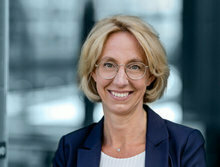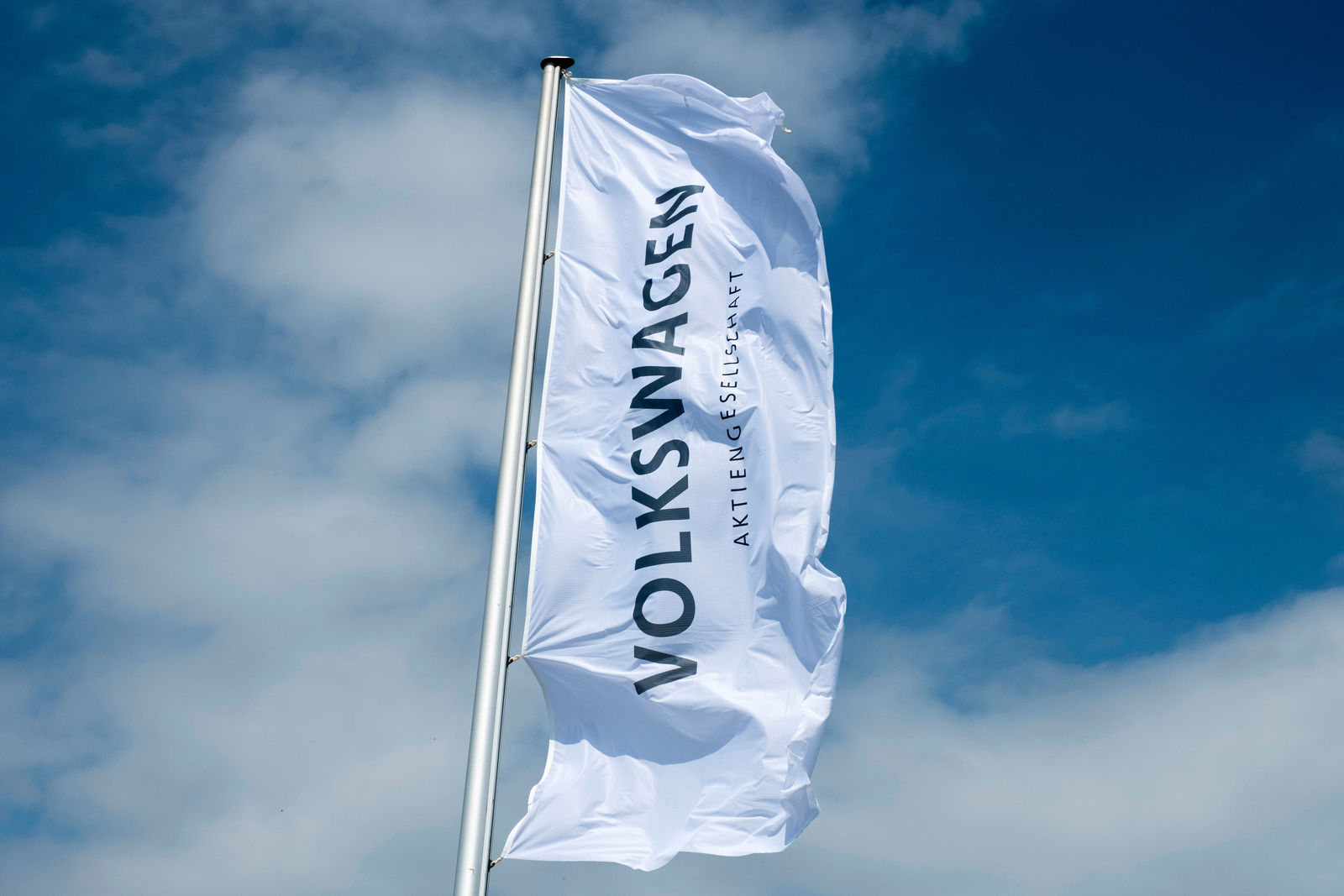Herbert Diess, CEO of the Volkswagen Group: “We started the year with great momentum and are on a strong operational course. This is clearly reflected in our positive quarterly figures. At the same time, we remain fully committed to our transformation into a climate-neutral and software-driven mobility group. Our successful e-offensive continues to gain momentum and we have significantly expanded it with attractive new models. We are also making good progress with the key topic of digitalization and have reached important milestones. There is still much more we can achieve in the remainder of the year.”
Arno Antlitz, CFO of the Volkswagen Group: “The Volkswagen Group delivered a strong perfor-mance in the first quarter. The operating return on sales stood at 7.7 percent. The adjusted net cash flow of EUR 5.5 billion impressively proves the robustness of our company even in challeng-ing conditions. We managed the effects of Covid-19 and the semiconductor shortages responsi-bly, continued to invest in the electrification and digitalization of our vehicles, and simultaneously worked on our cost base. The shortage of semiconductors throughout the industry is expected to have a more significant impact in the second quarter than before. Nevertheless, we are confident regarding business development in the full year and have therefore raised our outlook.”
Strong operating business
In the first quarter, deliveries from the Volkswagen Group increased significantly by 21.2 percent to 2.4 million vehicles over the same period last year, which was already impacted by the Covid-19 pandemic. Global market share of passenger cars grew by 0.2 percentage points to 12.4 percent in the same period. A key driver of this increase in volume was China, the Group’s largest single market. This market showed the strongest recovery over the prior year at +61.4 percent.
The Group’s successful e-offensive continued to gain momentum and likewise contributed to this positive development. In the first three months, deliveries of electrified models more than doubled over the prior year to 133,300 vehicles. 59,900 customers (+78 percent) opted for a battery electric vehicle (BEV), while 73,400 (+178 percent) chose a model with plug-in hybrid drive (PHEV).
Due to increased sales volumes and stronger demand for higher-margin models, Group sales revenue rose significantly by 13.3 percent to a strong EUR 62.4 (55.1) billion, also exceeding the pre-crisis level of 2019 (EUR 60.0 billion). Operating profit in the prior-year quarter was only EUR 0.9 billion due to the pandemic and soared to EUR 4.8 billion in the current year. The operating return on sales was therefore a strong 7.7 percent. The increase in earnings over the prior year is mainly due to higher sales volumes, improvements in the product mix and positive effects from the valuation of raw material hedges. Progress in the ongoing cost reduction programs also had a positive effect. One-off restructuring expenses of EUR 0.4 billion had a negative impact.
Earnings before and after taxes also climbed significantly to EUR 4.5 (0.7) billion and EUR 3.4 (0.5) billion, respectively. Earnings per preferred share thus reached a solid level of EUR 6.51 (0.84).
Automotive Division: Excellent cash performance, net liquidity improved once again
Systematic inventory management and successful measures to lower costs and safeguard liquidity had a positive impact on financial performance. Net cash flow in the Automotive Division reached a high level of EUR 4.7 (–2.5) billion, more than double that of the first quarter in pre-crisis year 2019 (EUR 2.0 billion). Adjusted for mergers and acquisitions and diesel, net cash flow amounted to a strong EUR 5.5 (–1.5) billion. Net liquidity in the Automotive Division also showed positive growth and climbed to a very solid level of EUR 29.6 billion. It amounted to EUR 26.8 billion at the end of 2020.
Research and development costs increased to EUR 4.0 (3.6) billion due to necessary future-oriented investments in new models and technologies. The R&D ratio was 8.0 percent in the prior-year period due to pandemic-related lower sales revenue and fell to 7.7 percent in the current year. Improved investment discipline and greater use of Group synergies led to significant progress with capital expenditures. These decreased by 7.8 percent over the prior-year period to EUR 1.9 (2.1) billion. As a result, the capex ratio fell significantly to 3.7 (4.7) percent, putting it below the level of the pre-crisis quarter in 2019 (4.0 percent).
Outlook 2021
Based on the positive business performance in the first quarter of 2021, the Volkswagen Group is raising its forecast for operating profit, net cash flow and net liquidity.
The Group anticipates that – assuming successful containment of the Covid-19 pandemic – deliveries to customers in 2021 will be significantly up on the previous year amid continued challenging market conditions. Challenges will arise particularly from the economic situation, the increasing intensity of competition, volatile commodity and foreign exchange markets, securing supply chains and more stringent emissions-related requirements. Sales revenue of the Volkswagen Group in 2021 are expected to be significantly higher than the prior-year figure. In terms of the operating profit, the Group anticipates an operating return on sales of between 5.5 and 7.0 percent in 2021.
In the Automotive Division, net cash flow is expected to rise strongly over the prior year with lower cash outflows from diesel and significantly higher effects from mergers and acquisitions, which will lead to a significant rise in net liquidity. The plans are based on the Volkswagen Group’s current structures. The intended acquisition of all outstanding shares in Navistar International Corporation and associated effects on the results of operations, financial position and net assets are not included in the Volkswagen Group forecast.








